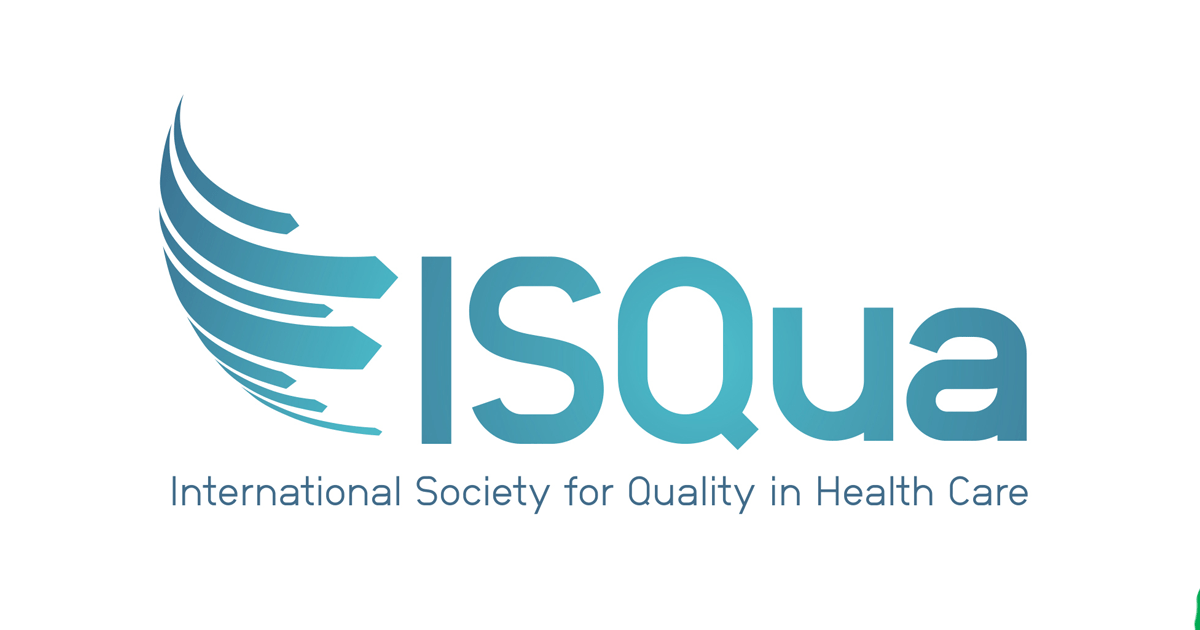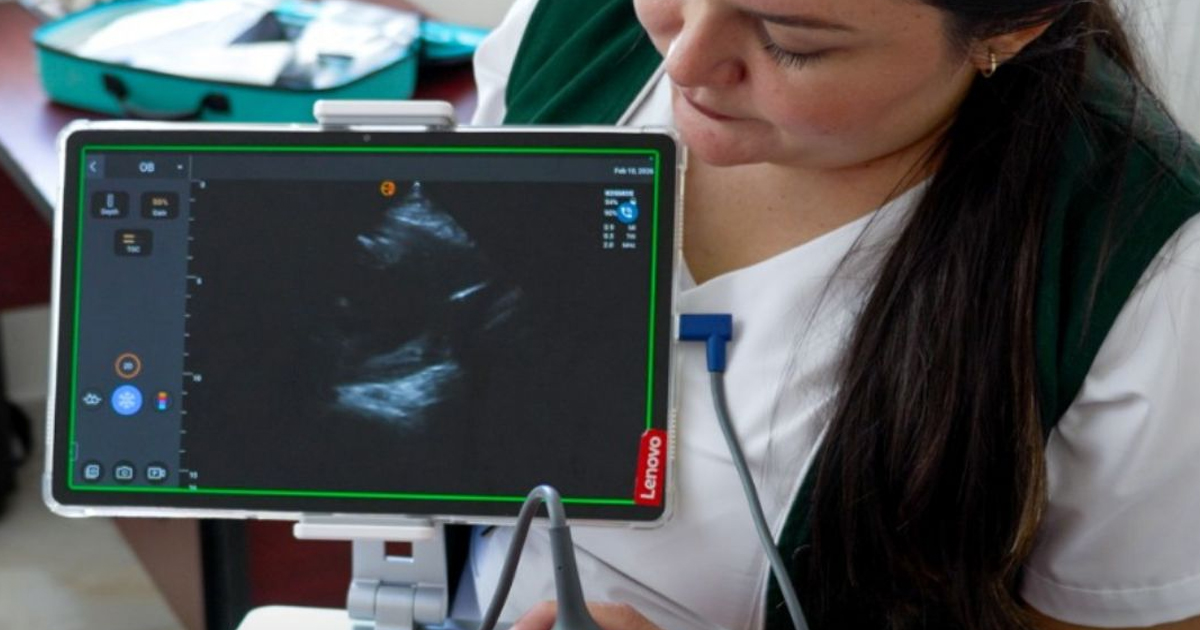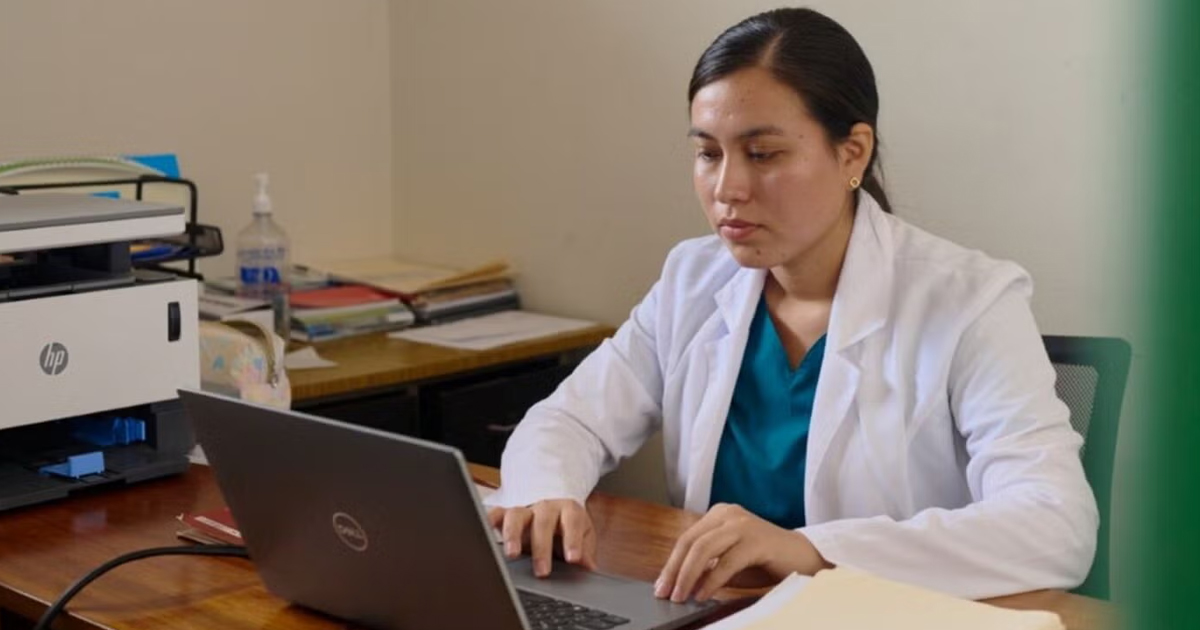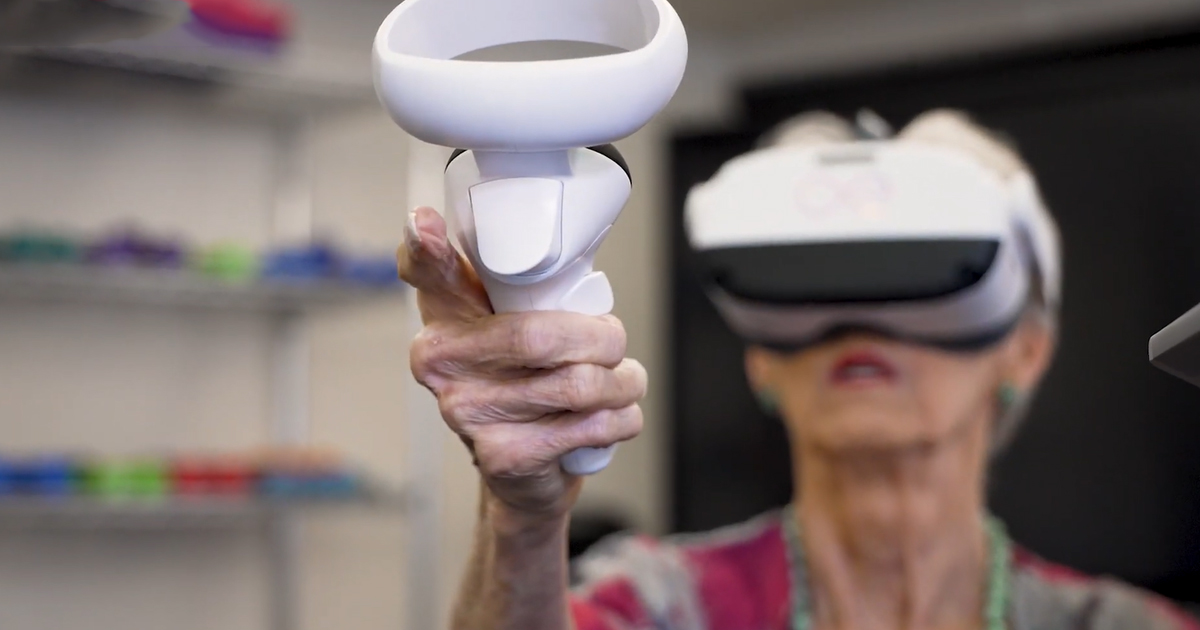Estudios recientes realizados por diversas instituciones de salud en países de ingresos bajos y medianos han presentado el objetivo de establecer métodos que permitan un nuevo sistema de documentación para evaluar ciertos elementos con respecto a la eficiencia de la institución.
La población de recursos limitados tiene una gran necesidad de poder acceder a una mejor atención y a un costo más accesible. Es por eso que existe el objetivo de establecer mediciones replicables y comparables para medir la calidad de la atención médica que se ofrece en cada centro.
Es un hecho que los resultados que se extraen de los sistemas de digital health no son siempre los mismas, debido a las diferencias socioeconómicas de cada región. Es por ello, que al medir y calificar la eficiencia de los métodos se podrá otorgar una mayor seguridad a los pacientes sobre los tratamientos a los que se adjudican teniendo siempre como objetivo un equilibrio entre el diagnóstico, el proceso (o tratamiento) y los resultados finales.
Un apoyo importante que respalde la verificación de los sistemas de salud, tiene su punto focal en los registros médicos que funcionan como un almacén de datos e información clave para guiar a los médicos y pacientes sobre la ruta a seguir para obtener los resultados deseados. Se vuelven más efectivos con la combinación de la inteligencia artificial y los algoritmos que se programan para hacer más precisos los análisis y la solución de problemas efectuadas por máquinas y plataformas digitales.

Este estudio consiste en construir datos a partir de indicadores de calidad utilizando recursos electrónicos como celulares o tablets para marcar diferentes factores en distintas instalaciones y el tipo de atención que brindan para disminuir los sesgos de ineficiencia en la calidad de sus servicios.
Los datos recopilados de aproximadamente 12 mil registros médicos en las áreas de escasos recursos y zonas marginadas de países como Panamá, El Salvador, Guatemala, Honduras, Nicaragua, Belice, Costa Rica y algunas áreas de México muestran variaciones en la calidad de atención dentro de su geografía.
Conoce la investigación completa en el siguiente enlace: https://academic.oup.com/intqhc/article/31/3/183/5039910







